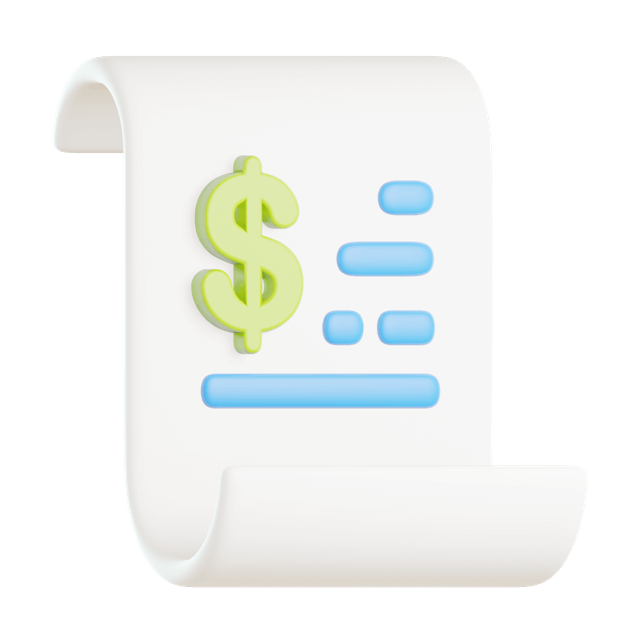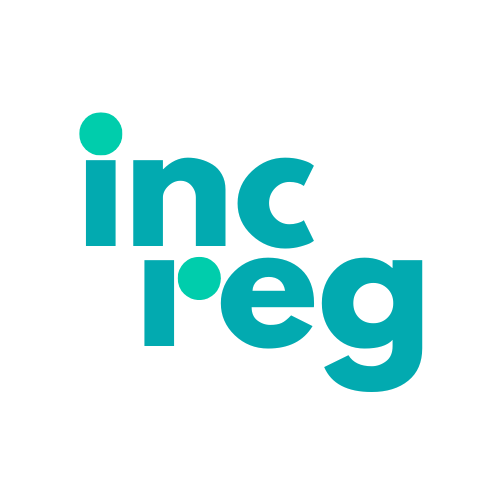
bookkeeping
Our Bookkeeping service keeps your financial records accurate and up-to-date and provides a clear view of your business’s financial health.
Bookkeeping for your business
What do successful business owners, corporations, and nonprofits all have in common? They all put bookkeeping and accountancy at the heart of their businesses. Keeping track of the money that goes into and out of your business is an essential job that you must not overlook. Money is the lifeblood of any business or organization.
What’s more, you need to keep perfect financial records to understand how your business is doing and pay the taxes you owe.
What is bookkeeping for a small business?
For a long time, most businesses kept their financial records in physical books and ledgers. Nowadays, business owners use clever technology to record their transactions, but the process is still called bookkeeping.
The purpose of bookkeeping is to keep track of the daily transactions that your business makes over the course of a year. All these transactions build up to create an important financial picture of your business.
- Income
- Outgoings
- Tax liabilities
- Growth
- Liquidity, which is the overall health of your business
What types of bookkeeping are there?
Different businesses use different methods of financial accounting and bookkeeping. The best method to choose best depends on several factors.
- The size of your business
- Whether you are a Sole Proprietorship, Limited Liability Company, nonprofit, or corporation
- Whether you make and store physical stock or inventory for more than one accounting year
- If you issue shares
Choose a skilled financial adviser and they will explain what type of financial accounting is best for your type of business.
For example, if your business makes luxury watches, you could spend a year making your products and building up a stockpile to sell the next year. There are types of accounting that can even out the value of your assets so they don’t all feature in one year and disappear the next.
Whereas, if you sell consultancy services and don’t have physical stock, it may be better to look at your profits and costs over one accounting year.
Why you need to keep good bookkeeping records
When it comes to your business’s money, there’s no room for mistakes. Accurate bookkeeping tells you what you’re spending your money on and why. It’s used to calculate your tax and to file your records with the state and the IRS.
Tax is calculated on your profit and loss. If the IRS, or other tax entities, think you are trying to hide your profits to pay less tax, you can get into serious trouble. Even if you made a genuine mistake.
Therefore, it’s worth ensuring that you’re confident in your bookkeeping methods. Errors made with this type of financial record can leave you with large, unexpected tax bills, or even facing fines and litigation.
Understanding your business’s health
Business owners need good financial habits to make sure their business keeps growing. Keeping detailed records makes sure you are in control of your business. Also, it allows you to make those important decisions that make your business grow.
A full bookkeeping and accountancy record gives you much more than just tax preparation. You can:
- understand the financial health of your business;
- check how your profits compared to previous months or years;
- discover areas where you are overspending or underspending;
- create clear budgets based on facts that will reassure your investors and partners.
Bookkeeping to work out your fixed and variable costs
If you go into your favorite Mexican restaurant on a Tuesday lunchtime, you will likely find you can get an amazing deal. Tasty dishes that cost much more on Saturday night suddenly have steep discounts. How can businesses like these offer such amazing discounts at quieter times and still thrive?
It’s because they’ve worked out their fixed and variable costs using bookkeeping analysis.
For example, your favorite eatery makes most of its money on Friday night and the weekend. Throughout the rest of the week, it is paying rent, insurance, utility bills, and staffing costs to stay open without many customers. These are all fixed costs that it must pay, regardless. They don’t go up or down depending on how many customers there are.
The costs of supplying and cooking the food you bought with your mid-week deal are variable costs. They do change depending on how many people the restaurant serves.
Using bookkeeping analysis, the restaurant owners worked out exactly how much the fixed and variable costs add up to. And what it costs them to provide a lunchtime special. Using this knowledge, they worked out that even when discounting dishes, they can offset their costs and make a good midweek profit.
What are the advantages of using IncReg to handle your bookkeeping?
IncReg takes care of all your bookkeeping and accountancy needs. We handle your records and accounting and help you to figure out where your business is thriving and where it needs help. Also, we’ll give you detailed, clear records that will give you a clear picture of your costs so you know where you can expand and where you need to cut back.
You’ll understand what your fixed and variable costs are and get in great financial shape for the future of your business.
With IncReg, you can relax knowing that everything is ready when it’s time to file your taxes each year. Your records will be complete and accurate.
Whether it’s your personal tax filing, filing for your business, or employment taxation for your growing staff role, we’re there for you at every step of your journey.
